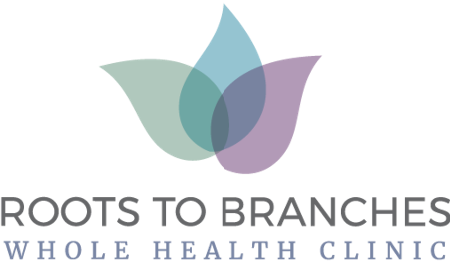I still have patients that frequently come into my office and proudly talk about the healthy food choices they make and very often will highlight the fact that they eat egg whites and avoid yolks “because they are high in cholesterol.” This is a completely understandable response because for years the media has engrained the message that EGGS are BAD for the heart. I wanted to take this time to share my LOVE for eggs. The WHOLE egg. Let’s not discriminate.
Research in the 1960’s drew the conclusion that cholesterol from food increased our body’s blood cholesterol levels and had a negative impact on heart health. More recently, we have seen flaws in the design of those earlier studies and have new research to point out that egg consumption does not only NOT cause heart disease (1,2,3) but may actually be protective (4) and offer other health benefits (5).
Eggs are small but mighty:
1 egg is a source of 13 essential nutrients (aka nutrients that we HAVE to get from food, our body cannot produce on it’s own). Contrary to popular belief, it is the yummy YOLK that is more nutrient dense than the whites. Eggs are a complete protein and a great source of:
- B Vitamins, which are used for many of your body’s functions
- Vitamin A, important for growth, healthy skin, and immune systems
- Vitamin E, a powerful anti-oxidant
- Choline, extremely important for cognitive function and one of the few dietary sources
- Vit D (from pasture-raised chickens), important for bone health
You may be wondering, so how many eggs are okay?
Research states that there is no association with heart disease or cardiac mortality (death from cardiac events) when eating 1 or more eggs per day (1,3). In an observational study, participants who consumed more than 1 egg per week actually had lower amounts of atherosclerotic plaque in their heart vessels (4).
Is this true for everyone?
What is interesting about the recent research I’ve been tweezing through is that eating eggs did not impact heart health of the general population, but there was a potential association with increased incidence of Type 2 diabetes. In addition, there was a greater risk of coronary heart disease in diabetic patients who had higher egg consumption (3). What I could not tell from the studies are what other variables were being considered in relation to the diabetic links. My gut tells me that it is very likely not the eggs causing the diabetes and diabetic complications, but more the carbs (breads) that we often put our eggs on. We already know that higher sugar loads lead to increase insulin levels, and eventually insulin resistance.
Even though eggs are nutrition powerhouses, not everyone can tolerate them. Both the whites and the yolks contain proteins that can aggravate certain health conditions.
The Bottom Line on Eggs
- Try to include eggs in your diet for their nutrient density 5 times per week. Remember, you can have more! Evidence tells us that there is not an association with risk of cardiovascular disease and egg consumption.
- Organic eggs from pasture-raised chickens are best.
- Although we are used to pairing eggs with toast, try to pair them with a healthy fat such as avocados and/or some veggies.
- If you have digestive problems, skin issues, or auto-immune conditions, you may want to consider removing eggs for a trial period along with other dietary modifications. Seek the assistance of a Naturopathic Doctor for guidance.
References
- Kritchevsky SB, & Kritchevsky D. Egg consumption and coronary heart disease: an epidemiologic overview. J Am Coll Nutr. 2000 Oct; 19(5 Suppl):549S-555S.
- Rong Y, Chen L, Zhu T, Song Y, Yu M, Shan Z, et al. Egg consumption and risk of coronary heart disease and stroke: dose-response meta-analysis of prospective cohort studies. BMJ. 2013 Jan;346: e8539.

